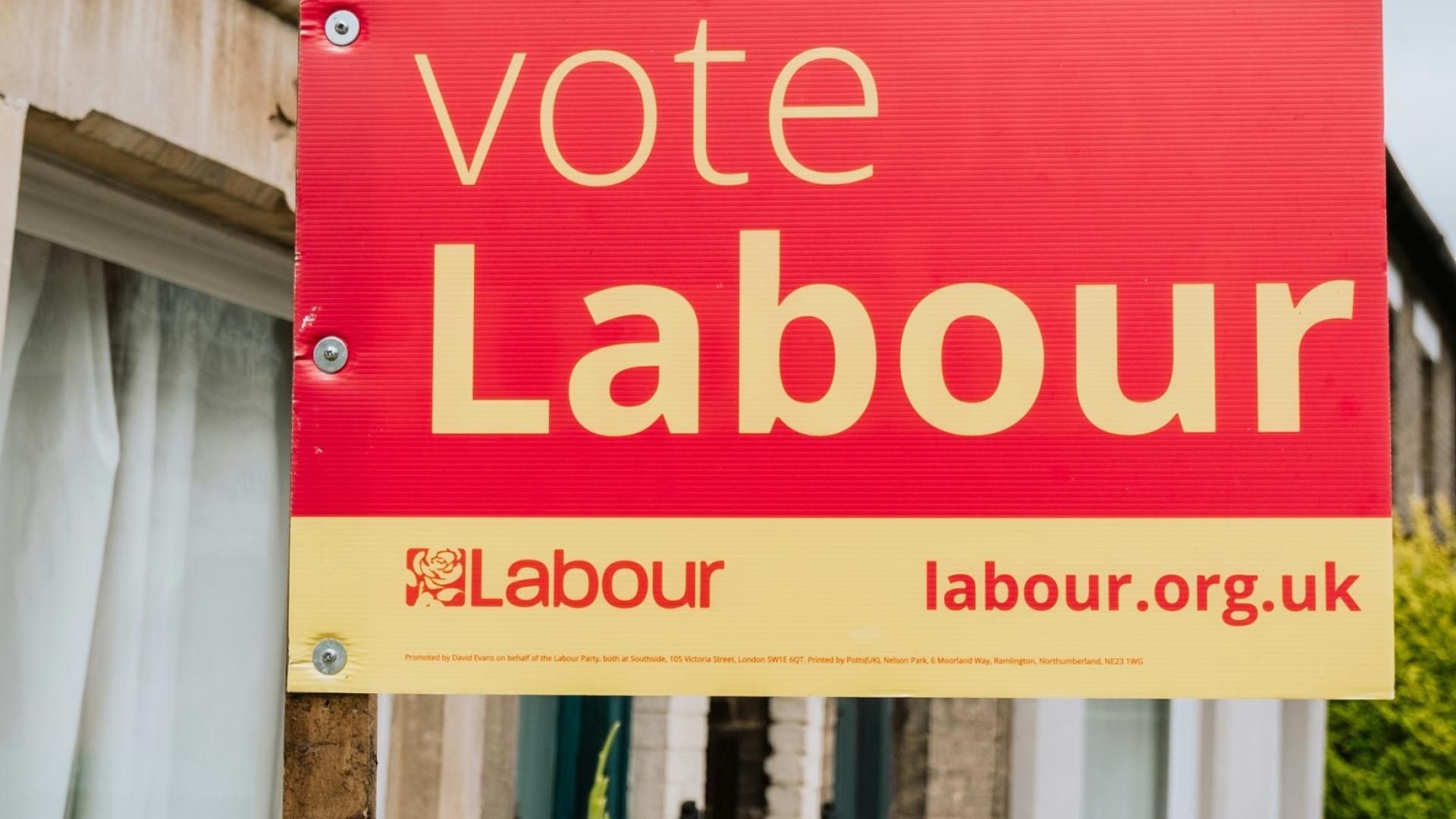Peter Dawson
On 17th July we hosted a dynamic panel discussion to explore the state of the UK charity sector and the new opportunities emerging under the recently elected Labour government. Our distinguished panel included Chloe Wright, Head of External Affairs at Age UK, Alex Kenney, Senior Public Affairs Manager at BHF, and Sophie Dodgeon, Head of Policy and Public Affairs at RNIB. Together, they provided valuable insights and discussed the potential impacts of the new political landscape on charitable organizations.
What Does This Result Mean for Charities Engaging in Westminster?
The current parliament has moved towards better reflecting the diversity of the United Kingdom, and they marked a proactive approach with the second-highest number of bills introduced in a King's Speech since 1997. This transition presents a unique opportunity for charities to engage with an enthusiastic and passionate government that aligns more closely with their objectives. A left-leaning government offers a better alignment for many charities’ missions, creating an environment conducive to collaboration. Our panel was confident in the new government's potential, but were also aware of the strict messaging coming from Labour – that they are inheriting some major challenges, limiting the scope of change in the short term. As Prime Minister Keir Starmer cautioned: ‘Change will not happen overnight’.
Adapting Parliamentary Strategies
One strategy we heard was about to establish connections with newly elected MPs, particularly focusing on constituencies where your beneficiaries are a priority. The need for local advocacy can’t be understated, and early engagement with new MPs, who are still shaping their agendas and causes, will benefit your efforts. With Labour's intention to further devolution across the UK, this provides opportunities for charities to focus on regional advocacy via local authorities and mayors. This will be crucial for driving campaigns at a grassroots level.
In terms of strategies for building early relationships with newly elected MPs, there was a lot of emphasis placed on events. Our research has shown again and again that in-person conversations and events are one of the most effective campaigning tactics when it comes to MPs, and our panellists were keen to take advantage of this. Memorable engagement activities, such as guided walks with MPs and immersive events were emphasised as very effective examples. These face-to-face interactions significantly enhance MPs' understanding and commitment to charity causes.
Another tactic discussed was to send out surveys to identify MPs with connections to your cause, aiming to leverage MPs' previous charity experience to foster collaboration. We also heard about the strategic use of political media, noting BHF's relationships with publications like Total Politics and LabourList. These platforms can be instrumental for targeted advocacy, ensuring visibility and influence within political circles.
Engaging with the Opposition
A key point we heard about was the importance of continuing dialogue with the Conservative Party, despite their recent electoral setbacks. Engaging with the opposition, particularly the shadow frontbenchers, remains crucial for influencing debates and policy development. The upcoming Tory leadership election will shape the party's direction, making it essential to maintain relationships and monitor their evolving stance, and it continues to be important to adhere to best practices by identifying key targets and understanding their priorities.
Regarding the Lib Dems' focus on social care, it was noted their increased parliamentary presence provides an opportunity to advance social care initiatives, pushing the government to take action. Other causes were also given strength, such as the reintroduction of the tobacco and vape bill and the potential for Labour to strengthen it, although the absence of a Clean Air Act was disappointing for some.
We also heard positive feedback about interactions with certain Reform candidates, and reflections that these individuals remained open to collaboration throughout the campaign. Chloe highlighted Age UK's success in recruiting 54 MPs as Age Champions, laying a strong foundation for future advocacy efforts.
Conclusion
We want to thank our panellists for provided such a comprehensive overview of the evolving political landscape. By adapting strategies, building early relationships with new MPs, and leveraging media and public affairs tactics, charities can effectively navigate the evolving political landscape and continue to champion their causes.
Our Co-MD Tim Harrison-Byrne closed the event with an optimistic outlook on the new parliament. We at nfpResearch hope that their strong legislative agenda will be a boon for the charity sector – we will know for certain following our first wave of nfpPolitics Westminster under the new parliament in September, which will help charities to set the stage for increased engagement and advocacy efforts.
To learn more about the topics discussed in this panel or if you have any further questions, feel free to get in touch with Peter Dawson at peter.dawson@nfpResearch.com and download more info below.

